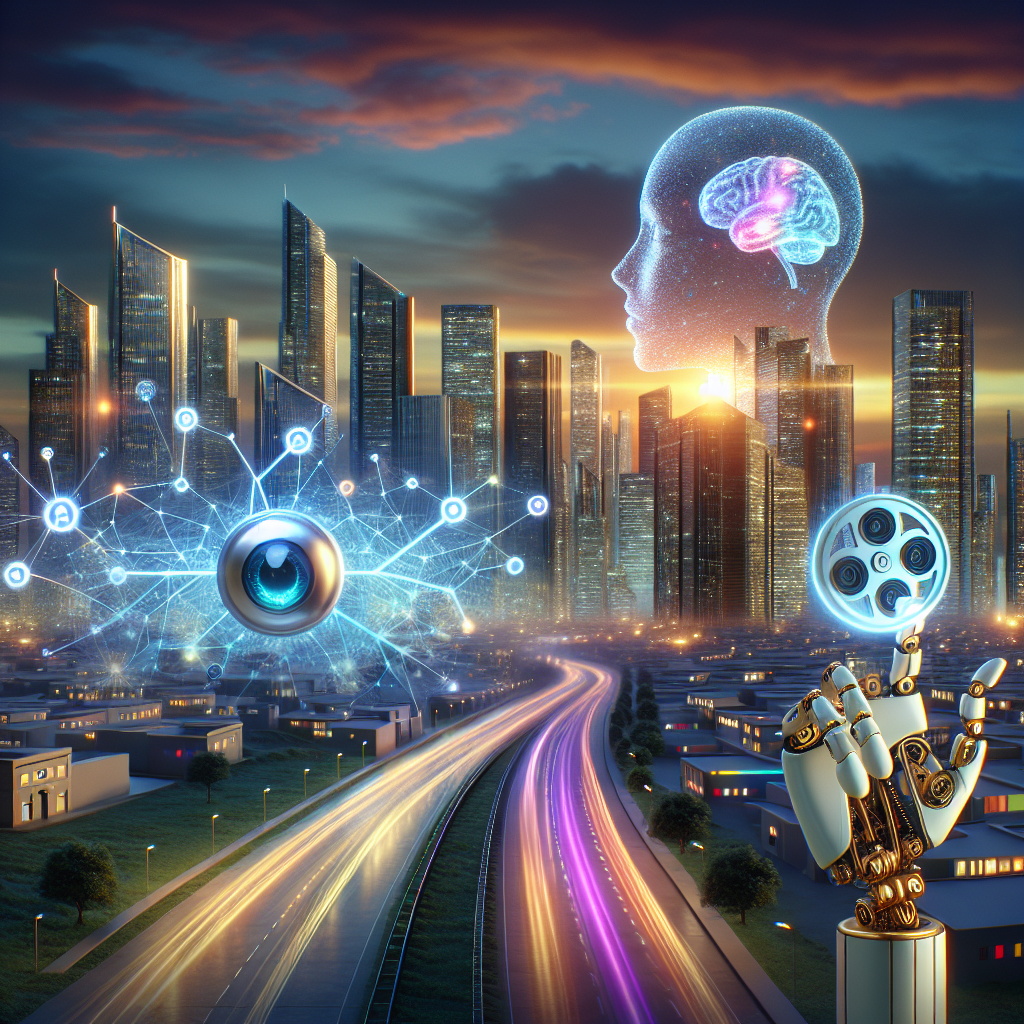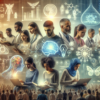The entertainment industry is rapidly evolving, driven by technological advancements that are reshaping the way we consume and engage with content. One of the most transformative technologies in this space is artificial intelligence (AI), which is poised to play a pivotal role in shaping the future of entertainment. From personalized recommendations to content creation, AI is poised to revolutionize every aspect of the industry.
Personalization and Recommendation Algorithms:
One of the key ways in which AI is already influencing the entertainment industry is through personalized recommendations. Streaming services like Netflix and Spotify use AI algorithms to analyze user data and preferences, curating content that is tailored to individual tastes. This not only enhances the user experience but also drives engagement and retention. As AI technology continues to improve, we can expect even more sophisticated recommendation systems that take into account a wider range of factors, such as mood, context, and social interactions.
Content Creation and Production:
AI is also making a significant impact on content creation and production. AI-powered tools can now generate music, art, and even movie scripts with remarkable accuracy. For example, the song “Daddy’s Car” was composed by an AI system trained on The Beatles’ music, showcasing the potential for AI to create new and innovative content. In the film industry, AI is being used to analyze scripts, predict box office success, and even generate special effects. As AI technology continues to advance, we can expect to see more collaboration between human creators and AI systems, leading to truly groundbreaking works of art.
Enhanced User Experiences:
AI is also enhancing user experiences in the entertainment industry. Virtual assistants like Siri and Alexa are already changing the way we interact with technology, providing seamless access to content and information. In the gaming industry, AI-powered chatbots are being used to engage with players, provide support, and create personalized experiences. As AI technology becomes more sophisticated, we can expect to see even more immersive and interactive entertainment experiences that blur the lines between reality and fiction.
Ethical and Social Implications:
While the potential benefits of AI in the entertainment industry are vast, there are also ethical and social implications that must be considered. As AI systems become more integrated into our entertainment experiences, questions of data privacy, bias, and accountability arise. It is crucial for stakeholders in the industry to proactively address these issues and ensure that AI is used responsibly and ethically. Additionally, there are concerns about job displacement as AI technology automates tasks that were previously performed by humans. It is important for policymakers, industry leaders, and consumers to collaborate on solutions that promote a fair and equitable transition to an AI-powered future.
Conclusion:
AI is poised to revolutionize the entertainment industry in ways we have yet to fully grasp. From personalized recommendations to content creation and production, AI is reshaping the way we consume and engage with entertainment. As AI technology continues to evolve, it is crucial for stakeholders to consider the ethical and social implications of this transformation. By harnessing the potential of AI responsibly and ethically, the entertainment industry can create truly innovative and immersive experiences that captivate audiences and shape the future of entertainment. The next frontier lies in harnessing the power of AI to push the boundaries of creativity, innovation, and engagement in the entertainment industry.










